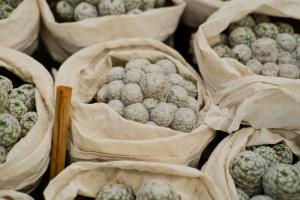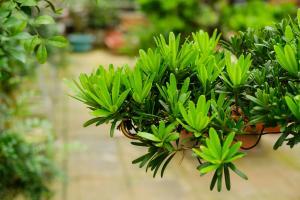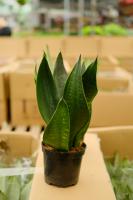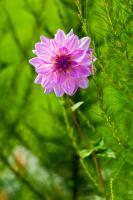How Long is Rainwater Good for Plants?
Water is an essential component of any plant's life cycle. It is responsible for transporting nutrients, aiding in photosynthesis, and regulating temperatures. While watering your plants with tap or well water is the norm, some gardeners choose to use rainwater. Rainwater has long been considered beneficial for plants due to its natural composition and lack of added chemicals. However, the question remains — How long is rainwater good for plants?
Factors Influencing the Lifespan of Rainwater
The lifespan of rainwater is influenced by a variety of factors, including the quality of the water, storage methods, and the type of container used. If captured and stored properly, rainwater can be good for plants for extended periods.
The quality of the rainwater is determined by various factors like air pollution, dust, or other pollutants in the atmosphere. Rainwater collected from urban areas is more likely to have higher levels of contamination than those collected from rural regions. So, it is essential to ensure that the rainwater is suitable for use before using it to water your plants.
Storage methods also matter. It is best to store collected rainwater in clean, covered containers to prevent dust and debris from accumulating. Rainwater should be stored in a shaded area to prevent the growth of algae and bacteria. While the lifespan of the rainwater depends on the storage method, it can typically last for 2-3 weeks in a covered container.
The type of container used also influences the lifespan of rainwater. Containers made of dark materials such as barrels or plastic tanks absorb heat, which can lead to bacterial growth and affect the quality of the water. Additionally, some containers can leach chemicals into the water, making it dangerous for plants. It is best to use designated rainwater collection containers made of food-grade materials to ensure the water's safety.
The Benefits of Using Rainwater for Plants
There are several benefits of using rainwater for plants. One of the most significant benefits is that rainwater is naturally free from chemicals such as chlorine, which is commonly found in tap water. Additionally, rainwater is naturally acidic, making it ideal for acid-loving plants like blueberries, azaleas, and rhododendrons.
Rainwater is also better for the environment. Using rainwater reduces the use of tap water, which can reduce the amount of water treated, reducing the amount of energy used in the process. Using rainwater also reduces runoff, which can reduce soil erosion, improve water quality, and protect the ecosystem.
Conclusion
Ultimately, the lifespan of rainwater depends on the quality, storage methods, and container used. While there are some limitations to using rainwater, there are several benefits that outweigh them. If you choose to use rainwater, it is essential to follow proper collection and storage methods to ensure that your plants receive the best quality water. In doing so, you can enjoy the benefits of healthier, more vibrant plants while reducing your environmental impact.

 how many times do yo...
how many times do yo... how many planted tre...
how many planted tre... how many pine trees ...
how many pine trees ... how many pecan trees...
how many pecan trees... how many plants comp...
how many plants comp... how many plants can ...
how many plants can ... how many plants and ...
how many plants and ... how many pepper plan...
how many pepper plan...
































